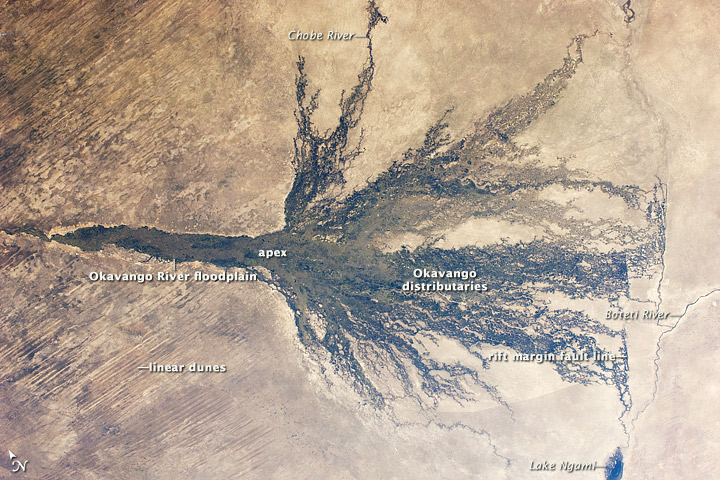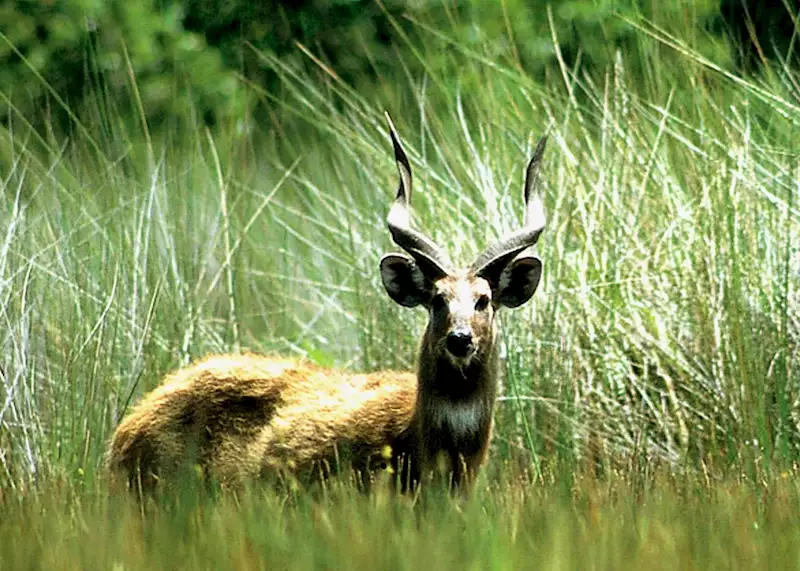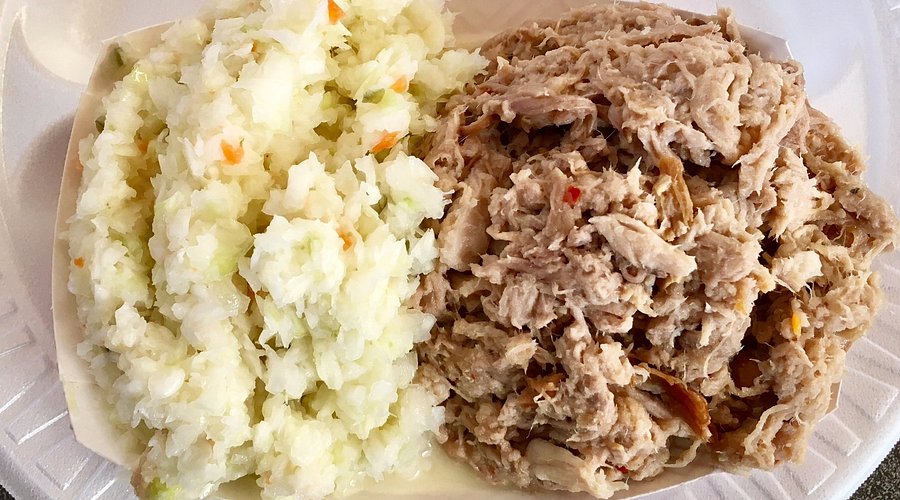Awakening in the Okavango: A Conservationist's Perspective

The Okavango awoke in a symphony of light – the sun, a molten coin, rising through the papyrus reeds, painting the floodplains in hues of amber and gold. The air, thick with the scent of water lilies and the distant call of a fish eagle, promised another day of discovery. As a conservation biologist, I've dedicated my life to understanding and protecting fragile ecosystems, and my recent two-week research trip to the Okavango Delta in Botswana offered an unparalleled opportunity to witness nature's resilience and the power of sustainable tourism firsthand. Join me as I delve into this unique corner of the world, sharing my experiences and insights into the critical conservation efforts underway.
Immersed in the Delta: A Mokoro Safari Adventure
My exploration of the Okavango began in the most authentic way possible: aboard a mokoro, a traditional dugout canoe. Piloted by a skilled guide from the Okavango Community Trust, this slender vessel allowed me to experience the Delta in a way that motorized boats simply can't. The silence was profound, broken only by the gentle splash of the paddle and the calls of unseen birds hidden within the reeds.
Drifted deeper into the heart of this watery wilderness. The reflections of the sky on the still water created an ethereal sense of being suspended between two worlds. We navigated narrow channels, the papyrus stalks towering on either side, creating a verdant maze. Then, a flash of color caught my eye – an iridescent malachite kingfisher perched on a reed, its vibrant plumage a stark contrast to the surrounding greenery. Moments later, we spotted a sitatunga antelope partially submerged in the reeds, its elongated hooves perfectly adapted for navigating the swampy terrain. The entire experience underscored the importance of the mokoro as an eco-friendly alternative, minimizing disturbance to the delicate ecosystem compared to the noise and pollution of motorized boats. My research on water quality further reinforced this point, highlighting the detrimental effects of fuel spills and increased turbidity from motorized vessels.

Walking with the Wild: A Birdwatcher's Paradise
Beyond the waterways, the Okavango reveals its secrets on foot. I embarked on a guided walking tour, led by another member of the Okavango Community Trust, this time focusing on the Delta's incredible avian diversity. The dappled sunlight filtering through the trees created an ethereal atmosphere, illuminating a world teeming with life.
My guide's knowledge was astounding. He identified birds by their calls alone, pointing out nests and explaining the intricate relationships between different species and their environment. We spotted the brilliantly colored African Jacana, seemingly walking on water thanks to its long toes that distribute its weight across the lily pads. The Lilac-breasted Roller, with its vibrant plumage, flashed through the trees. While we didn't see it, we heard the haunting call of Pel's Fishing Owl, a notoriously elusive bird, adding an air of mystery to our walk. The guide also shared his knowledge of the local flora, explaining the medicinal properties of certain plants and the cultural significance of others. His deep respect for the ecosystem was palpable, a reminder that conservation is most effective when it's driven by local communities who have a vested interest in protecting their heritage. This respect is incredibly important given my research on elephant migration patterns throughout the delta, showing their dependence on specific seasonal water sources.

Sustaining the Source: A Visit to the Okavango Community Trust Lodge
My stay at the Okavango Community Trust Lodge provided valuable insight into the practical implementation of sustainable tourism. The lodge, entirely community-run, embodies a commitment to minimizing environmental impact while providing economic benefits to the local population. The accommodations were simple yet comfortable, built with local materials and designed to blend seamlessly with the surrounding landscape.
The lodge has invested heavily in solar power, reducing its reliance on fossil fuels. Water conservation is also a priority, with rainwater harvesting systems and efficient plumbing fixtures in place. But perhaps the most impactful aspect of the lodge is its role in empowering the community. Profits from tourism are reinvested in education, healthcare, and infrastructure projects, creating a virtuous cycle of sustainable development.
That evening, I savored a hearty Seswaa, the slow-cooked pounded beef, its savory aroma mingling with the earthy scent of Morogo, wild spinach, all washed down with the slightly tangy Mageu – a true taste of Botswana. Afterwards, I stepped outside to gaze at the night sky. Far removed from city lights, the stars blazed with an intensity I had rarely witnessed. It was a humbling reminder of the vastness of the universe and the fragility of our planet.
Protecting Paradise: A Call to Action
My time in the Okavango Delta was more than just a research trip; it was a transformative experience. It reinforced my belief that conservation and tourism can coexist harmoniously, provided that tourism is approached responsibly and sustainably.
Here's how you can help:
- Support sustainable tourism initiatives in Botswana: Choose tour operators and accommodations that prioritize environmental protection and community engagement.
- Donate to conservation programs protecting the Okavango Delta: Numerous organizations are working to safeguard this precious ecosystem. Research and support the ones that resonate with you.
- Learn more about the Okavango Community Trust and their work: Visit their website (if they have one) or follow them on social media to stay informed about their initiatives and impact.
The Okavango isn't just a place; it's a feeling, a responsibility, a legacy we must strive to protect. By supporting responsible tourism and conservation efforts, we can ensure this magnificent ecosystem thrives for generations to come.